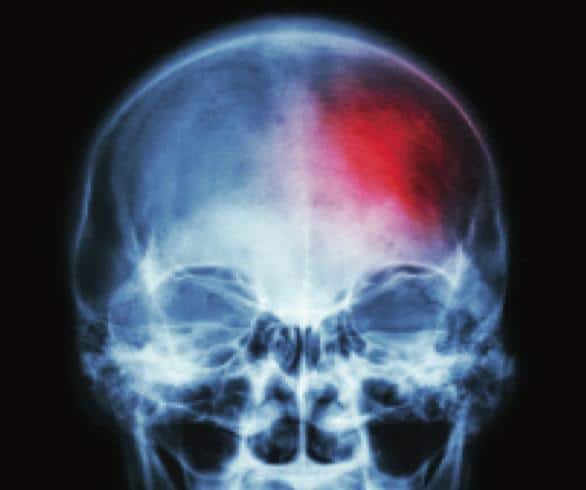
Navigating through the maze of health information, we find that a diet rich in specific vitamins is more than just beneficial—it’s a crucial shield against the threat of strokes. Understanding how strokes occur and the role of nutrition in their prevention offers a straightforward approach to safeguarding our health.
The Essential Role of Vitamin B12 in Brain Health
The Benefits of Vitamin B12 for Your Brain: A daily intake of 2.4mcg of Vitamin B12 is key to maintaining healthy brain function. This section explores how B12 contributes to brain development and nerve tissue renewal, and the potential risks associated with its deficiency. Simple dietary changes, such as adding more fruits, vegetables, and whole grains, along with a healthy lifestyle, can significantly reduce the risk of strokes.
The Science Behind Vitamin B12
Vitamin B12’s Impact on Stroke Risk: Research underscores the importance of Vitamin B12 in regulating homocysteine levels, a known factor in stroke risk. We’ll share insights from studies published in reputable medical journals that link the intake of B12, along with folic acid and vitamin B6, to lowered homocysteine levels and a decreased risk of stroke.
Vitamin C’s Role in Stroke Prevention
The Importance of Vitamin C: Far from just an immune booster, Vitamin C is critical in preventing strokes. Ensuring a daily intake of 65-95mg, easily obtained from fruits and vegetables like papaya, bell peppers, and broccoli, is crucial. This section explains why not getting enough Vitamin C is just as serious a risk factor for strokes as high blood pressure or obesity.
Recent Findings on Vitamin C
Understanding Vitamin C’s Protective Benefits: Highlighting recent research, including a notable study from France, this section presents the compelling link between Vitamin C levels and stroke risk. Patients who have suffered strokes often show significantly lower levels of Vitamin C compared to those who haven’t, suggesting a strong protective effect of this vitamin against certain types of strokes.











